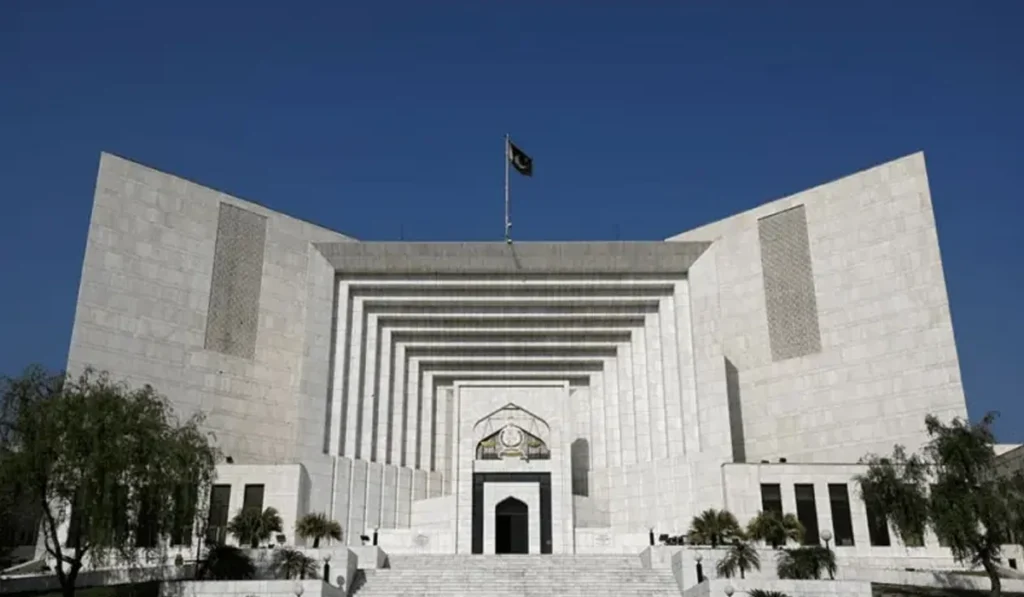- Web
- Today
Judges cannot initiate contempt proceedings against each other: Supreme Court
-

- Web Desk
- Sep 24, 2025

ISLAMABAD: The Supreme Court has ruled that judges cannot initiate contempt of court proceedings against one another, declaring such actions unsustainable under Article 204 of the Constitution.
The Supreme Court has issued a detailed judgement on the intra-court appeal of former deputy registrar Nazar Abbas in a contempt of court case, stating that contempt proceedings against committee members are unsustainable.
The verdict was delivered by a six-member bench headed by Justice Jamal Khan Mandokhail, comprising Justices Muhammad Ali Mazhar, Athar Minallah, Syed Hasan Azhar Rizvi, Shahid Waheed and Musarrat Hilali.
IHC bench terminates contempt proceedings against Registrar, Deputy Registrar
The court held that orders issued by a regular bench on January 21 and 27 were ineffective and stated that only the Supreme Judicial Council has the authority to take action against judges, as they enjoy constitutional protection. Contempt proceedings among judges, it added, would undermine the justice system.
The judgment further noted that after the 26th Constitutional Amendment, only a constitutional bench has the jurisdiction to hear such cases, while the regular bench continued proceedings contrary to constitutional provisions.
Earlier, on January 21, the Supreme Court had issued a notification removing the additional registrar (judicial) from office, stating that Nazar Abbas had committed a serious error by mistakenly fixing a case meant for the constitutional bench before a regular bench, wasting the court’s and parties’ time and resources.
The federal government later filed an intra-court appeal against the contempt ruling, arguing that the two-member bench comprising Justices Mansoor Ali Shah and Aqeel Abbasi had exceeded its jurisdiction. The appeal maintained that, following the constitutional amendment, a regular bench could not hear cases challenging laws or issue orders regarding bench formation, which had effectively rendered the Supreme Court judges’ committee inactive.
On January 27, the two-member bench had withdrawn the contempt notice against Nazar Abbas and referred the matter of judicial committees’ powers to the chief justice for consideration by a full court. The bench had observed there was no evidence of mala fide intent or personal interest on the part of Abbas and therefore withdrew the show-cause notice.




